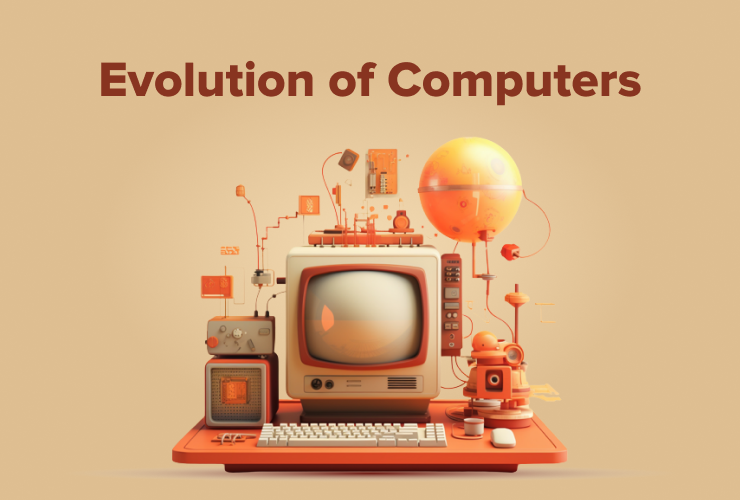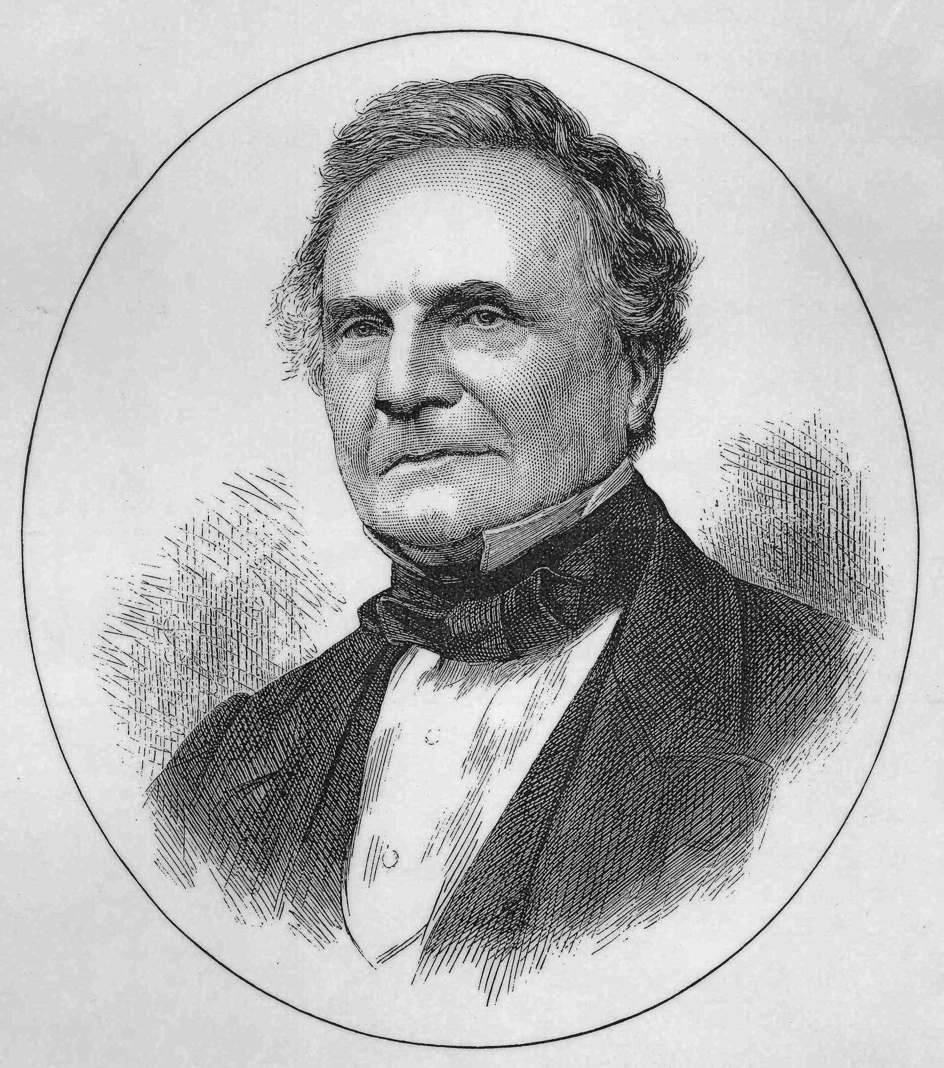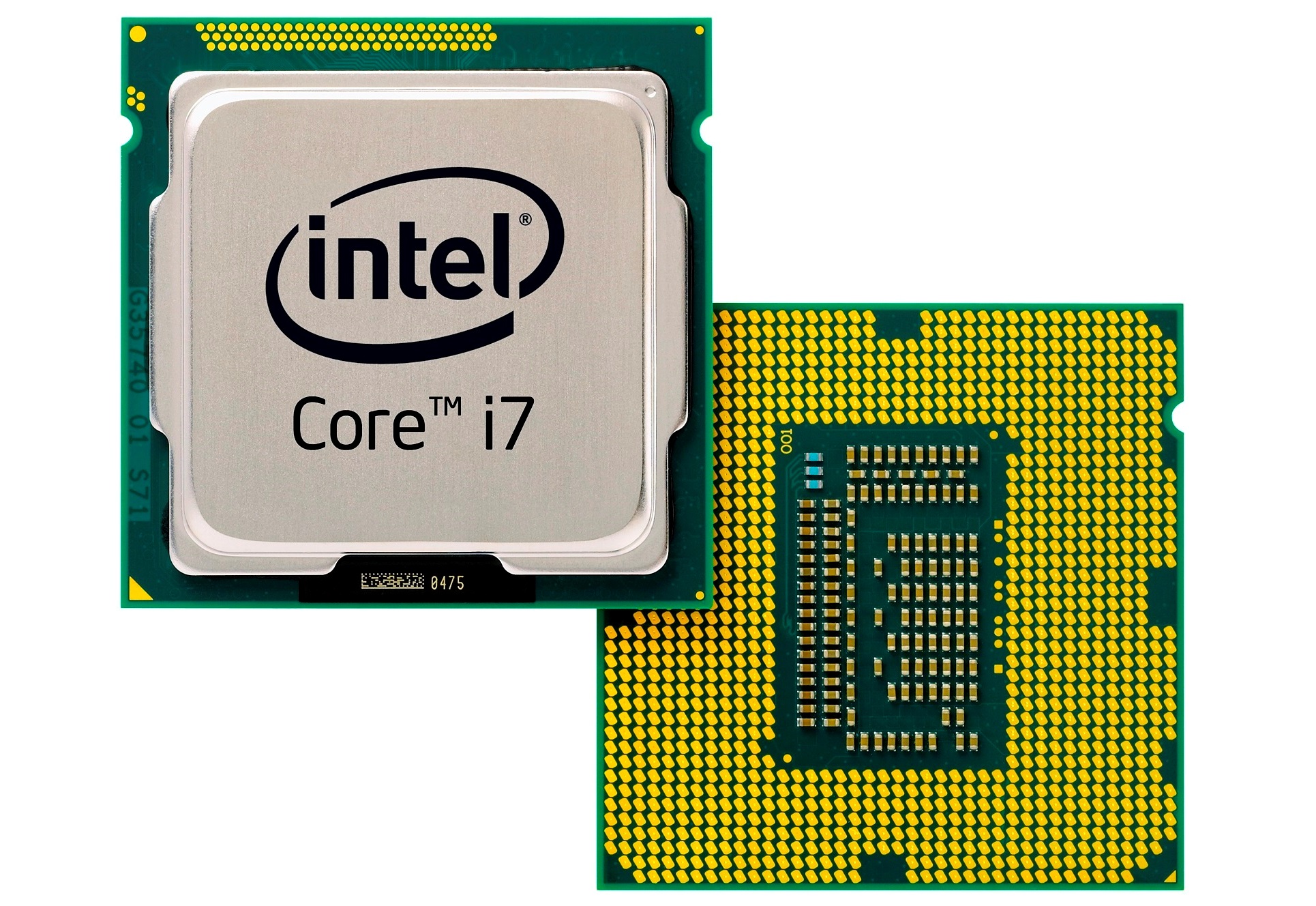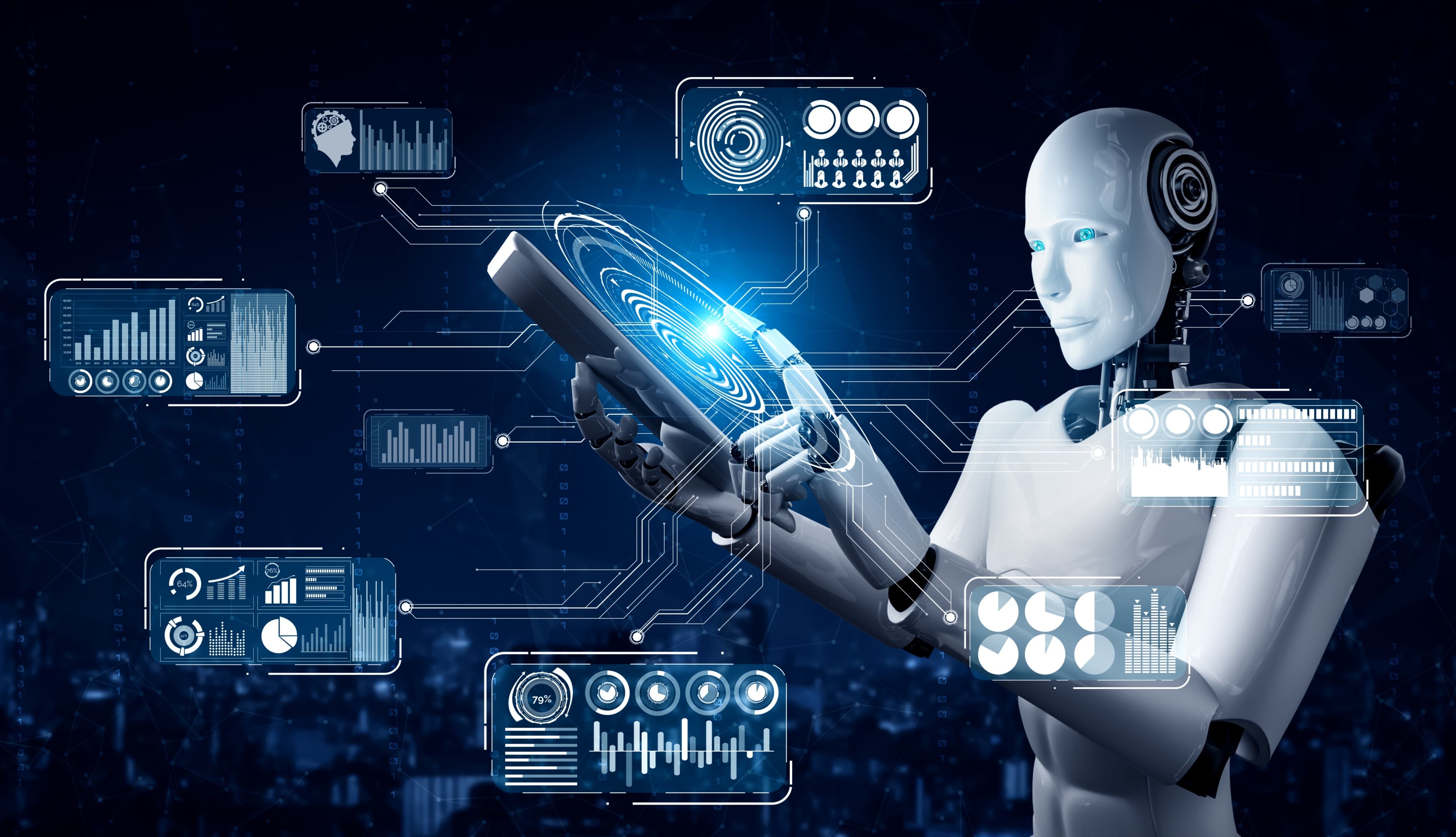The Evolution of Computer Science: From Ada Lovelace to Artificial Intelligence
The field of computer science has come a long way since Ada Lovelace, the world's first computer programmer, envisioned a machine capable of complex calculations beyond arithmetic in the mid-19th century. This article explores the fascinating journey of computer science, highlighting key milestones and developments that have shaped our modern world.
The 20th century saw the advent of the electronic computer, which opened the door to numerous advancements. The invention of the transistor, the creation of operating systems, and the development of programming languages propelled computer science forward.
Today, we are witnessing another awe-inspiring leap with the advent of artificial intelligence (AI). AI has transformed various industries by allowing machines to learn, reason, and make decisions. From autonomous vehicles to virtual assistants, AI is revolutionizing how we live and work. Let's join together on this enthralling journey as we explore the remarkable evolution of computer science, celebrating the visionaries and innovations that continue to shape our digital age.
The pioneers of computer science - Ada Lovelace and Charles Babbage
Ada Lovelace is widely recognized as the world's first computer programmer, having played a key role in the development of computer science. In the mid-19th century, Lovelace worked alongside Charles Babbage to design the Analytical Engine, a groundbreaking general-purpose computer that could perform complex calculations beyond basic arithmetic. Although the machine was never built, Lovelace's visionary ideas laid the foundation for modern computer programming. She recognized the potential for machines to perform more advanced tasks beyond simple calculations.
Charles Babbage, who is often recognized as the father of modern computers, created two remarkable machines: the Difference Engine and the Analytical Engine. The first one was a mechanical calculator, whereas the second one was a more advanced concept that could be programmed with the help of punched cards. Babbage's work marked an important milestone in the evolution of programmable machines, paving the way for the future of computer science.
The first programmable computer - Analytical Engine
The Analytical Engine, which was conceptualized by Charles Babbage, was the very first machine to incorporate the basic components of modern-day computers. It had a processing unit, memory, and the ability to perform complex calculations. Although the Analytical Engine was never constructed during Babbage's lifetime, its design laid the groundwork for future developments in computer science. The machine's ability to be programmed using punched cards marked a crucial milestone in the evolution of computers, as it showcased the potential for machines to carry out a variety of tasks beyond their original design.
With the rise of computers, there was a need for efficient programming languages. Programming languages act as a medium for humans to communicate with machines, enabling them to accomplish specific tasks. The development of programming languages such as Fortran, COBOL, and C marked a major turning point in computer science by making it possible for programmers to write code that was easily understandable by machines. These programming languages paved the way for the creation of intricate software systems and helped advance the field of computer science.
During the 1970s, the invention of the microprocessor completely transformed the field of computing. The microprocessor, a single integrated circuit that contained the functions of a central processing unit, made computers faster, smaller, and more affordable. This groundbreaking technology paved the way for personal computers to become available to the masses. With personal computers, individuals were able to perform a multitude of tasks at home, ranging from word processing to gaming. The personal computer revolution was a significant milestone in the field of computer science, democratizing access to technology and laying the foundation for future innovations.
The rise of the internet and its impact on computer science
The internet's arrival in the late 20th century had a significant impact on computer science and transformed the way we access information and communicate. With computers connected to the internet across the world, data transfer became seamless and created a vast network of interconnected systems. This network gave birth to the World Wide Web, which made information sharing user-friendly and accessible. The internet opened up new possibilities for e-commerce, social networking, and online collaboration, fundamentally changing the way we live and work. Its impact on computer science cannot be overstated as it presented new opportunities and challenges for researchers and developers.
Artificial intelligence and machine learning in computer science
Artificial intelligence (AI) is a revolutionary advancement in computer science that enables machines to learn, reason, and make decisions. AI technologies, such as machine learning and deep learning, can process large amounts of data and extract valuable insights. AI has transformed various industries, from autonomous vehicles that can navigate and make decisions on their own to virtual assistants that can understand and respond to human speech. The development of AI algorithms and models continues to push the limits of what machines can accomplish, and its applications are only limited by our imagination.
The future of computer science - quantum computing and beyond
Looking towards the future, quantum computing holds tremendous potential for further advancements in computer science. Quantum computers utilize the principles of quantum mechanics to carry out powerful computations that go beyond the capabilities of classical computers. These machines can solve complex problems in fields such as cryptography, optimization, and drug discovery. Even though quantum computing is still in its early stages, researchers and scientists are working tirelessly to fully unleash its potential. Besides quantum computing, other emerging technologies like nanotechnology and bioinformatics offer exciting prospects for the future of computer science.
Conclusion
The evolution of computer science has profoundly reshaped our world, from the visionary ideas of Ada Lovelace to the emergence of artificial intelligence. Countless pioneers and innovators have paved the way for advancements, bringing us to where we are today. As we continue to push the boundaries of what is possible, computer science undoubtedly plays a central role in shaping the future. Each milestone in the evolution of computer science, from programming languages to artificial intelligence, builds upon the achievements of those who came before, propelling us towards a future where technology has the power to transform lives and solve even the most complex problems we face.











No comments:
Post a Comment